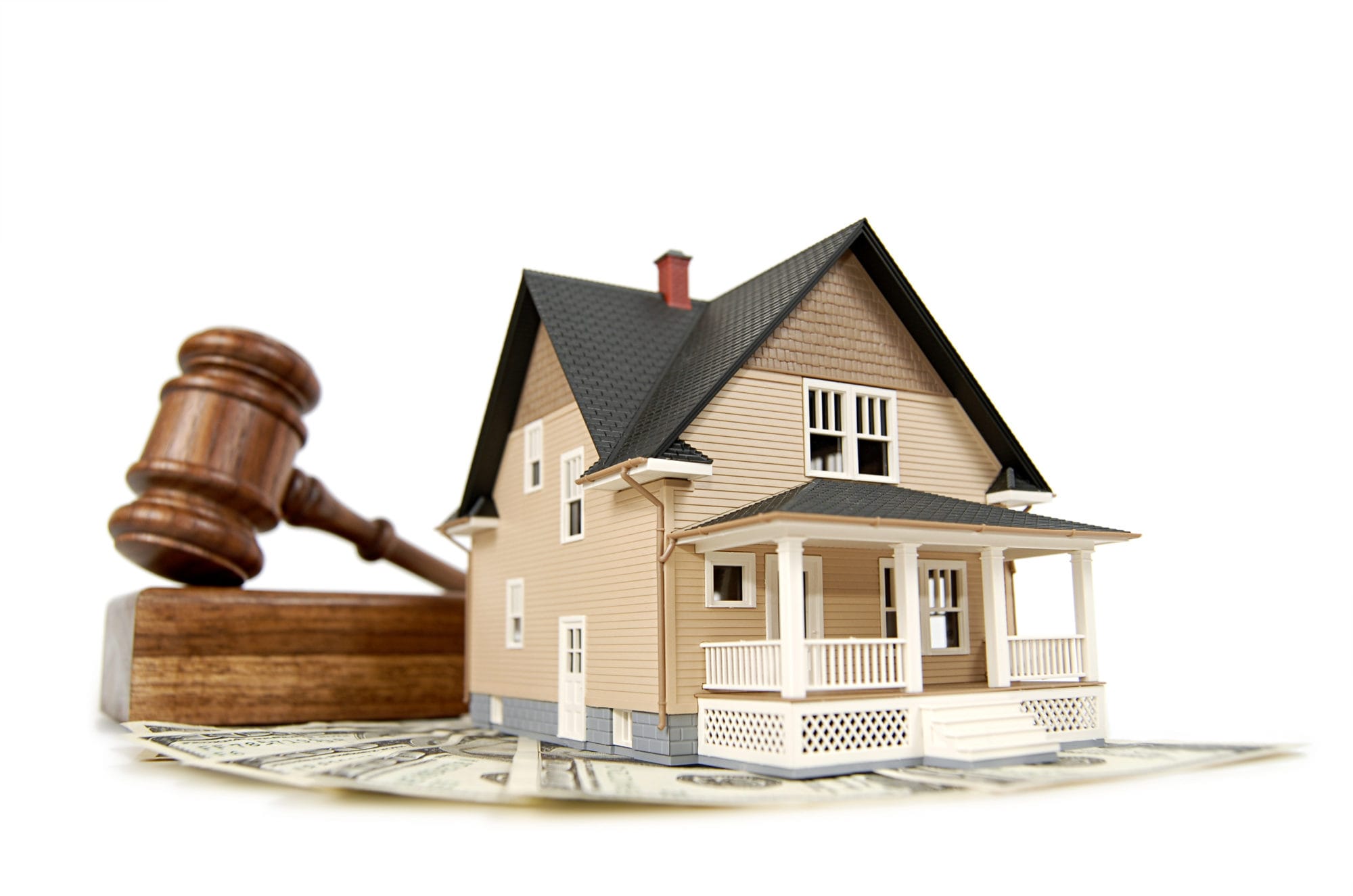The Dangers of Reverse Mortgages & How to Protect Your Elderly Loved Ones

(Columbia, MD) After retiring, many people take out reverse mortgages in order to use the equity in their homes to provide additional income to live on in retirement. While a seemingly simple and straightforward concept, the decision to take out a reverse mortgage can have catastrophic consequences if not handled properly.
What is a Reverse Mortgage?
A reverse mortgage is a special type of home loan that allows the homeowner to convert a portion of the equity in their home into cash. The equity that accumulated over years and years of making mortgage payments is paid out to the homeowner, and, unlike with a traditional home equity loan or second mortgage, reverse mortgage borrowers do not have to repay the loan – unless certain conditions apply. Unfortunately, these “certain conditions” are often overlooked and/or misunderstood, resulting in tragic losses for many families.
What are the Requirements of Reverse Mortgages?
In order to maintain good standing, homeowners with reverse mortgages are required to:
- Use the home as their primary residence; and
- Meet the obligations of the mortgage, including:
- Making sure that the house is continuously occupied;
- Paying real estate taxes
- Maintaining insurance coverage on the property; and
- Naming the lender as an additional insured on the policy, in what is called the “loss payee clause.”
What are the Dangers of Reverse Mortgages, Especially for Elderly Homeowners?
Typically, when homeowners secure reverse mortgages in the later part of their lives, they believe that all they have to do is sit back, relax, and collect the money. They don’t think that they have any remaining responsibilities to the lender. Instead, they understandably assume that they can just live out their lives in peace, utilizing the equity in their homes that they’ve worked their entire careers to build. This is the prevailing view, but it’s wrong … and dangerous!
Here are a few common scenarios that can result in elderly reverse mortgage borrowers facing foreclosure and, ultimately, eviction from their homes:
- The homeowner cancels (or simply stops paying) homeowner’s insurance on the property and/or fails to name the lender as an additional insured on the policy. This requirement is often neglected once the mortgage is paid off and insurance payments are no longer automatically deducted through mortgage escrows.
- The homeowner keeps the family home, but moves to Florida in the interest of better weather, tax advantages, etc. This is a violation of the terms of the mortgage, as the property is no longer being occupied as the principal residence.
- The homeowner suffers from failing health and leaves the property to move in with family, a nursing home, or another assisted living arrangement. Once again, the terms of the mortgage are violated, as the property is no longer being continuously occupied.
Horror Stories: Reverse Mortgages & The Elderly
As we all know, as people advance in age they often experience a loss in both physical and mental capacity. Sometimes, this can result in an elderly homeowner forgetting to pay the property insurance bill, neglecting to check their mail, and/or failing to respond to lender inquiries.
Many lenders are mailing out surveys to reverse mortgage borrowers, which they request be completed and returned to prove that the property is still being occupied. If these communications are not acknowledged, the lender’s next step may be to send an inspector to the property to see if anyone is actually living there. Often, even if the reverse mortgage borrower lives in the house, the home has not been properly maintained due to the elderly homeowner’s physical limitations. In such a case, upon inspection the house may appear to be vacant, which the inspector will report back to the lender.
The scary truth is that lenders are, in fact, initiating foreclosure proceedings on reverse mortgages, claiming (in some cases falsely) that the house is not occupied or not being insured.
What’s worse, as a result of ignoring mailed notices, many times the homeowner is not even aware of what’s happening until the foreclosing lender or the lender’s attorneys move to evict the occupants from the property. Unfortunately, even if a homeowner is actually living in the home and is not truly in default, it may be too late in the foreclosure process to correct the situation by the time the family actually realizes what is going on.
How to Protect Your Elderly Loved Ones
If you have elderly parents, grandparents or other loved ones with reverse mortgages, it is important that you share this information with them. No one should have to lose their home, especially one that they’ve lived in for 30, 40, even 50 years or more.
–
If you or someone you love is facing a situation like the one outlined above, immediately contact Coover Law Firm, LLC at (410) 995-1100 to schedule an initial consultation in our Columbia, MD office. Experienced Howard County Real Estate Attorney Fred L. Coover, Esquire is here to help and will walk you through your options. It’s important not to wait, as every day that goes by is one day closer to losing your home.
Disclaimer: The information in this blog post is provided for general educational & informational purposes only. It is not intended to convey legal advice or serve as a substitute for legal counsel on any subject matter.
Coover Law Firm, LLC serves clients in and around Howard County, MD (including Columbia, Ellicott City, Fulton, Maple Lawn, Clarksville, Elkridge, Glenwood, Glenelg, Dayton, West Friendship, Laurel, Sykesville, Woodbine, Westminster, and more)






